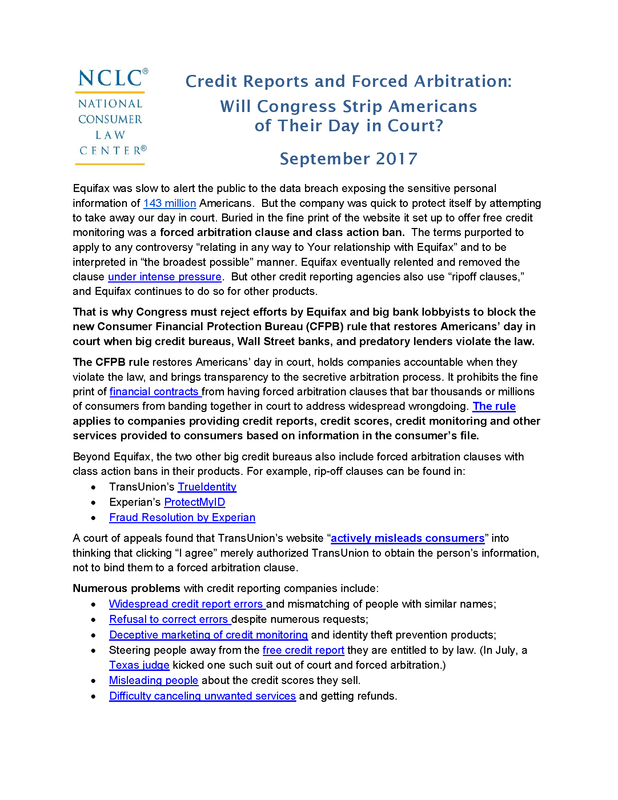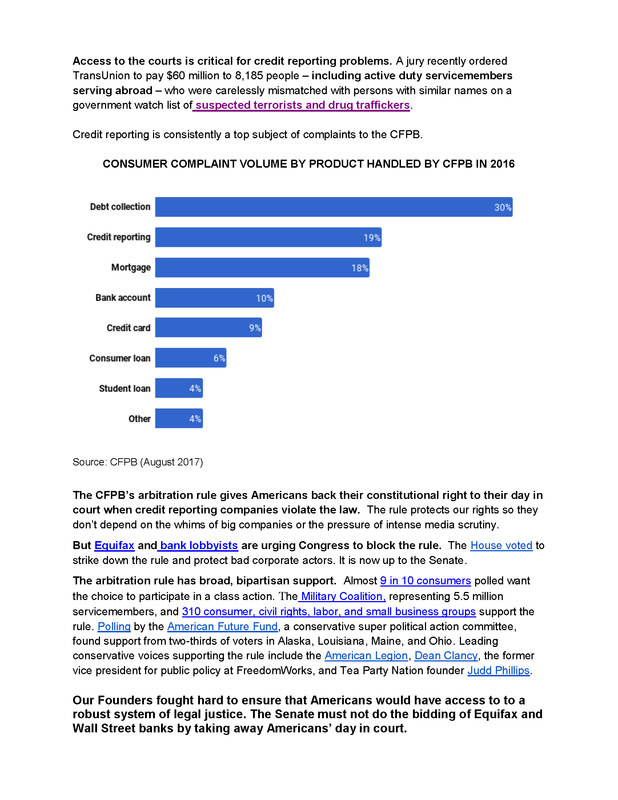And consumer attorney extraordinaire Joanne Faulkner of New Haven, CT, reports:
"Consumer Reports has suggested tips for identifying cars that may have spent time underwater. A buyer or mechanic should look for these telltale signs:
- Caked-on mud and a musty odor from the carpets. New carpets in an older vehicle may be another red flag.
- A visible water line on the lens or reflector of the headlights.
- Mud or debris trapped in difficult-to-clean places, such as gaps between panels in the trunk and under the hood.
- Rusty exposed screws under the dashboard. Unpainted metal in flood cars will show signs of rust.
- Rubber drain plugs under the car and on the bottom of doors that have been removed. That may have been done to drain floodwater.







 RSS Feed
RSS Feed
